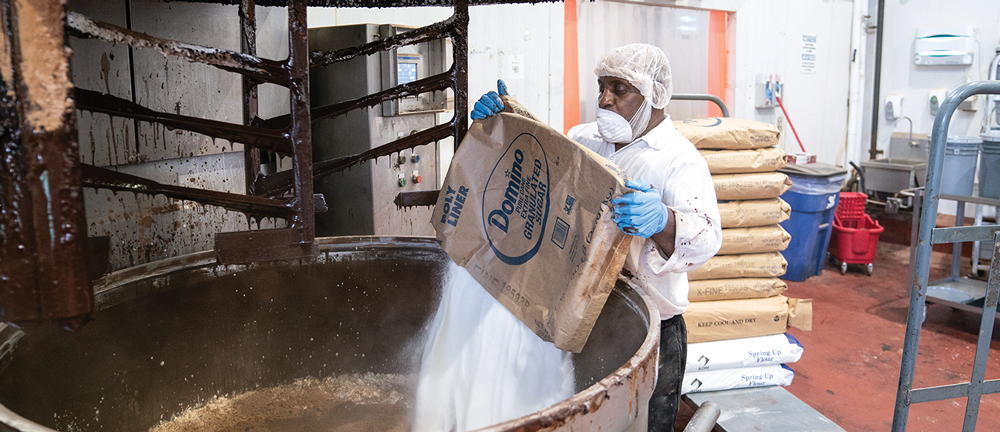Tight Labor Market Raises the Bar for Hiring
Shifting cultural attitudes and a tight labor market are creating new opportunities for individuals who want to work but haven’t had a chance.


Kathryn Mulligan
Editor-in-Chief
Middle Market Growth
kmulligan@acg.org
Attracting qualified employees has long been a challenge for middle-market companies—one that’s grown more acute in today’s tight labor market.
The increasingly competitive war for talent has led some organizations to open their doors to groups previously excluded from the workforce or overlooked by employers.
Formerly incarcerated adults are one such population. Occupational licensing restrictions and the stigma of jail time have contributed to unemployment rates above 25 percent for ex-cons. But as cultural attitudes shift and state and federal policies evolve, some human resources departments are beginning to consider members of this group for open positions.
Other companies, like Greyston Bakery—the subject of this issue’s cover story—have long hired formerly incarcerated workers, who help produce brownies that the Yonkers, New York, company sells to Ben & Jerry’s, Delta Airlines and Whole Foods. Greyston is joined in its hiring stance by large companies like McDonald’s, Delta and Virgin Group, whose founder, Sir Richard Branson, has been a vocal proponent of prison reform and progressive hiring.
While I was able to find middle-market companies that hire formerly incarcerated adults, convincing one to participate in a magazine profile was difficult. Privately owned companies are—unsurprisingly—often private about their operations, but in this case, they were also reticent when asked about hiring former inmates. Greyston was an exception and has been on the forefront of advocating for so-called “open hiring” in the business community.
I suspect more organizations will become comfortable with the concept as they struggle to fill jobs and companies like Greyston prove that second chances can be good for business.
Those with criminal records aren’t the only ones who face challenges when looking for work. High unemployment persists among many other groups, such as military veterans, immigrants and adults with disabilities. The tight labor market is creating new opportunities for individuals who want to work but haven’t had a chance—often because they don’t fit the traditional candidate profile used by HR.
Perhaps the low unemployment rate can prompt more inclusive hiring that persists beyond this economic cycle. It’s not only a moral imperative, it’s a business one, and the future success of the middle-market economy may depend on it.
This letter originally appeared in the March/April 2019 issue of Middle Market Growth.


